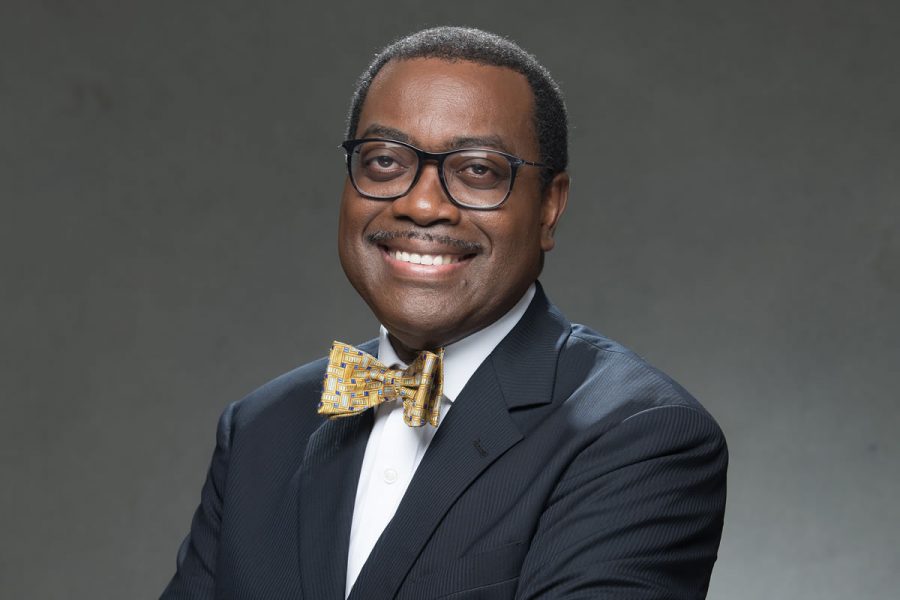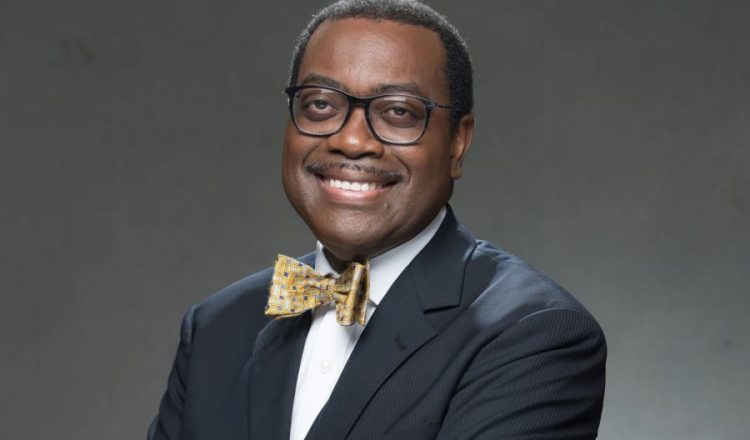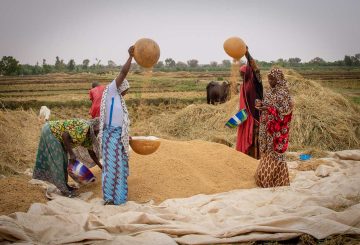
Yesterday, prominent African leaders examined the continent’s development agenda, admitting its future is in danger if it doesn’t take control and chart a new course.
The leaders include Ghana’s President Nana Akufo-Addo, Tanzania’s Samia Hassan and Mozambique’s Filipe Nyusi, Rwanda’s Prime Minister Edouard Ngirente, and AfDB Group President Dr. Akinwumi Adesina, African Union Commission Chair Moussa Faki Mahamat and Ghana’s Minister of Finance Kenneth Afori-Atta.
They warned that there is no better time to take proactive steps and secure long-desired economic freedom and that Africans could only turn to western countries for support at their peril.
They spoke at AfDB’s AGM in Accra, Ghana, focusing on Africa’s most troubling challenges: climate change adaptation, just energy transition, and food crisis.
After the opening ceremony, the leaders held a presidential dialogue to discuss the continent’s challenges: rising sovereign debts, limited financing options, energy shortage, poor infrastructure, climate change vulnerability, and food crisis.
They also reviewed prospects and suggested actions Africa must take.
Akufo-Addo, the AGM’s host, asked African leaders to help expand AfDB’s role in the continent’s development agenda and warned that the global financial system cannot support Africa’s economic independence.
The Ghanaian leader called AfDB’s work “exemplary” and spoke about rising sovereign debt (which he said is compounding national governments’ woes), imbalance in global climate change financing, structural challenges, and unaffordable borrowing costs. He warned that Africa has a rare chance to leverage its enormous internal capacity to save its citizens or be doomed forever.
The immediate economic consequences – rising inflation, lower growth, increased inequality, and greater financial instability – are likely to permeate deeper, as they coincide with weakened economic positions due to the pandemic and pre-existing and elevated debt challenges.
“Africa’s debt problems are growing.” In the ‘Age of Choice’ for economic transformation, we’ve changed our debt profile. The debt-to-GDP ratio rose from 60% to 71% between 2019 and 2020, largely due to the COVID-19 pandemic, according to UNECA. Eighteen African economies were downgraded despite the pandemic last year. We must be aware of our vulnerability to the US Federal Reserve’s monetary policy stance and the risk of so-called ‘taper-tantrums,’ as investors may exit our markets, further increasing borrowing costs.
The continent should strategically expand AfDB’s role in the regional development agenda so that “we can move from billions to trillions”
Adesina said he “doesn’t have a job” as regional bank president but is on a “mission” to make Africa great again.
“My life is only useful if it improves the lives of Africans,” the former Nigerian agriculture minister told African leaders and AfDB members.
The AfDB president said leveraging the SDR and other resources to deliver the development Africa needs to regain its dignity is a key strategy to bridge the financing gap.
“Africa doesn’t need bowls on its hands, but seeds in the fields,” he said, to become self-sufficient and a solution to the global food crisis.
Misinformation about Africa cannot be “legitimized by economists,” he said.
“A climate-resilient, energy-secure, self-feeding, and economically resilient Africa” is possible, he said.
- Tags: AfDB, AfDB AGM, Africa, Akinwumi Adesina, Akufo-Addo





